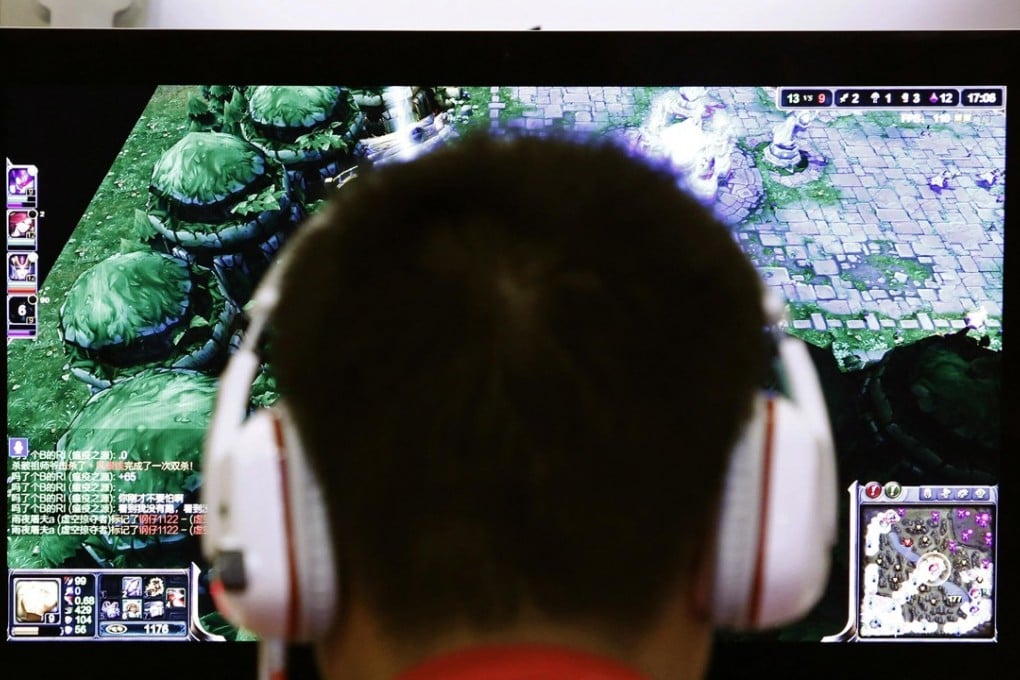Screams from ‘Room 13’: Are China’s kids being electroshocked for internet ‘addiction’?
- Distressed boy heard screaming for his mother from mental hospital notorious for controversial treatment
- Clinic was closed down in 2016 but online video ignites fears it has started up again

A psychiatric hospital in eastern China is being investigated for restarting a controversial internet addiction treatment after a video in which a boy can be heard screaming for his mother went viral on Weibo.
Weibo user “IADSER” claimed to have shot the video from outside the hospital after hearing screams coming from within. He posted the video on October 22 with the comment that the screams appeared to be coming from the notorious “Room 13” at the Linyi Mental Hospital in Shandong province.
The video has since been deleted.
“Room 13” became synonymous with internet addiction therapy after Yang Yongxin, a controversial clinical psychiatrist and former deputy chief of the hospital, was accused by former inmates of using electroconvulsive therapy (ECT), or electrical shock treatment, for “patients” in its internet addiction treatment centre between 2009 and 2016.
According to his Weibo account, IADSER was a patient at the internet addiction treatment centre for one month between December 2015 and January 2016.
‘No violence, electric shocks or drugs’: new rules for China’s internet boot camps for children
The Health and Family Planning Commission of Linyi City and the local Cyberspace Affairs Commission are both investigating the case, according to Shanghai-based news portal Thepaper.cn.